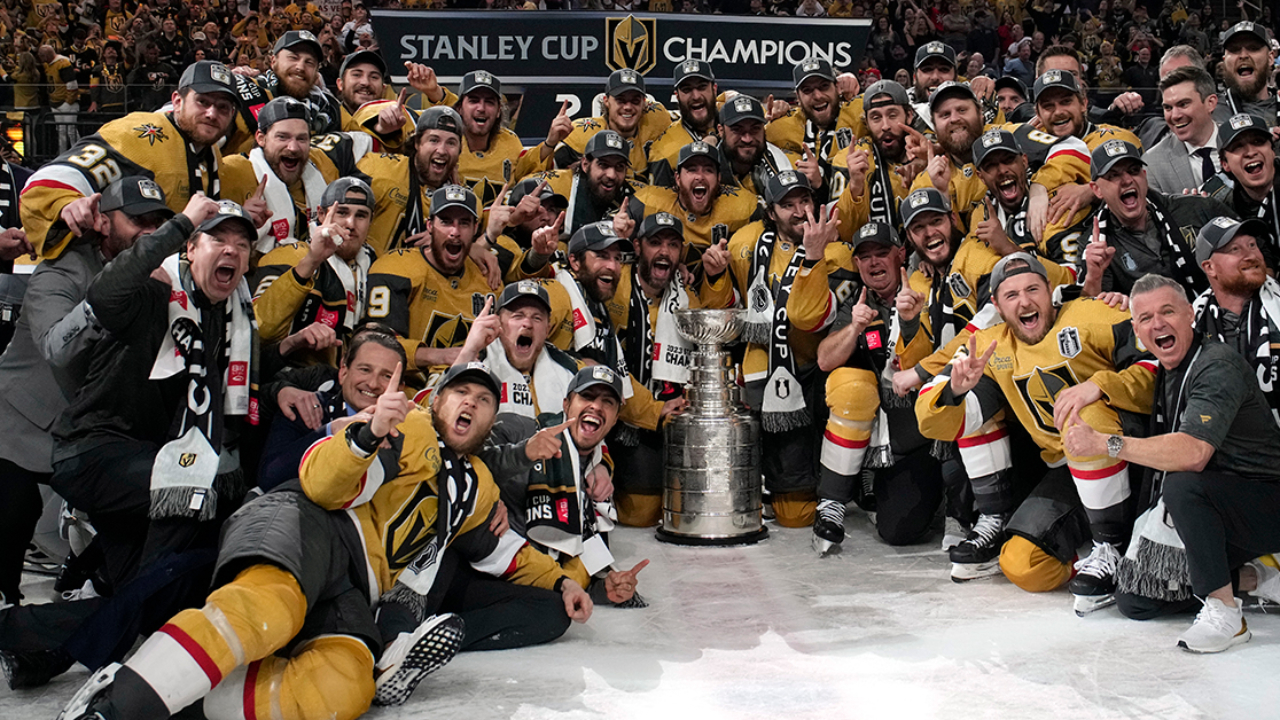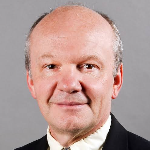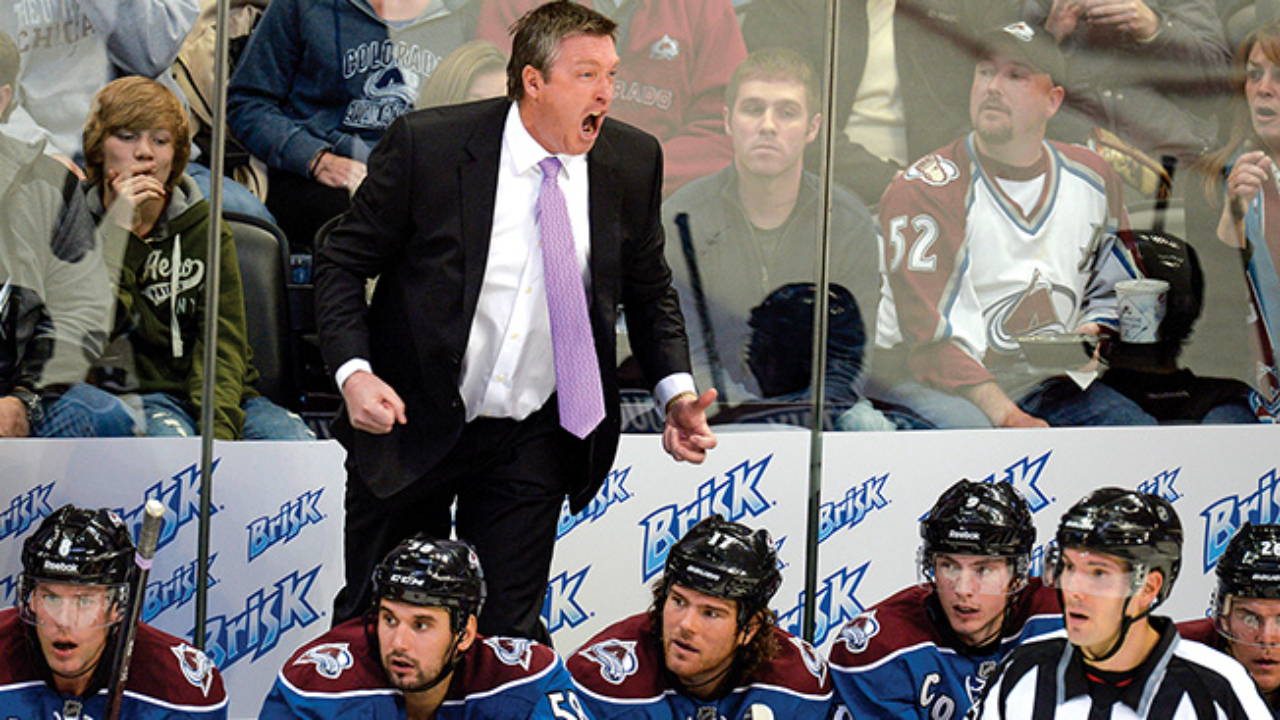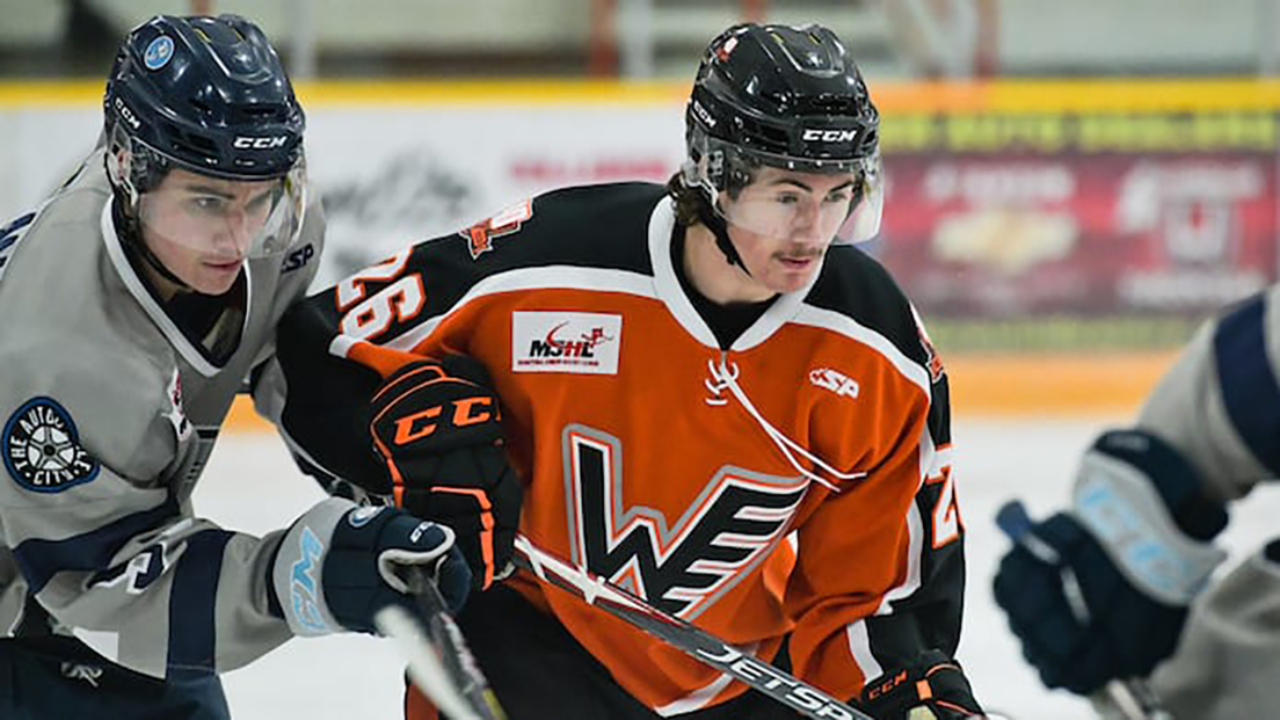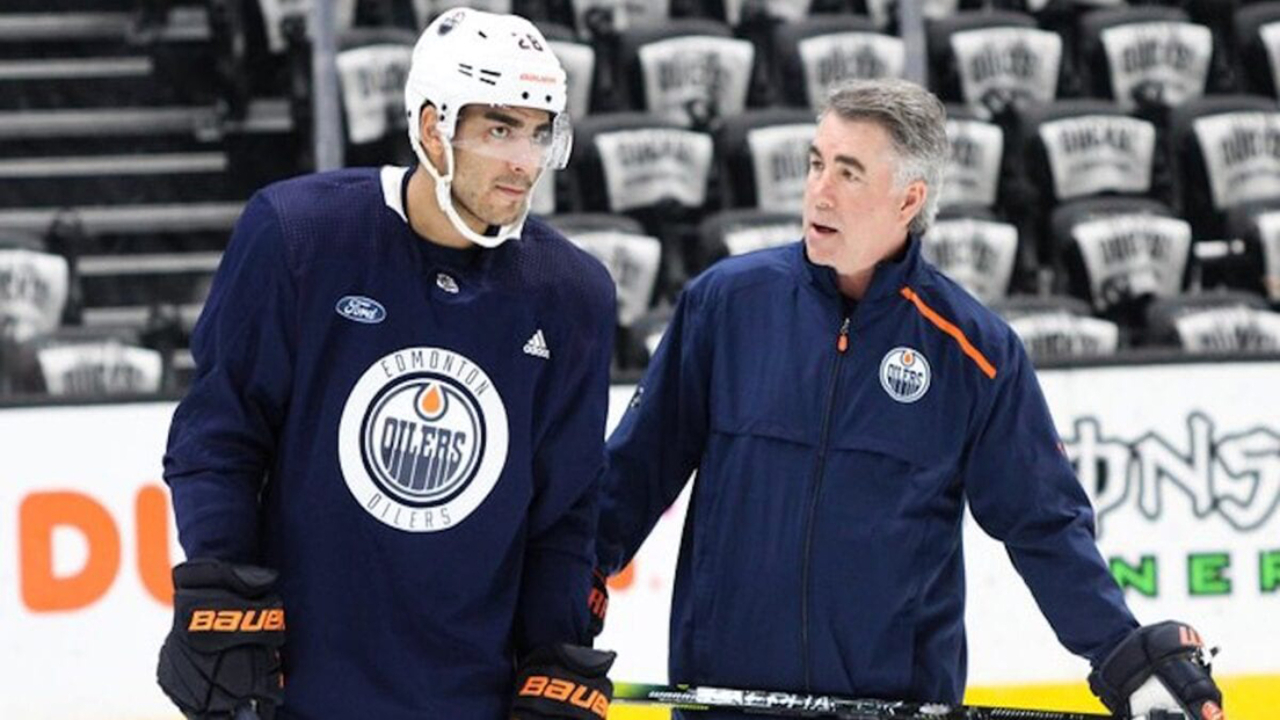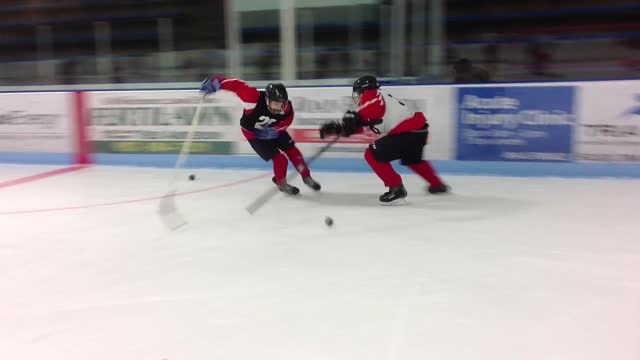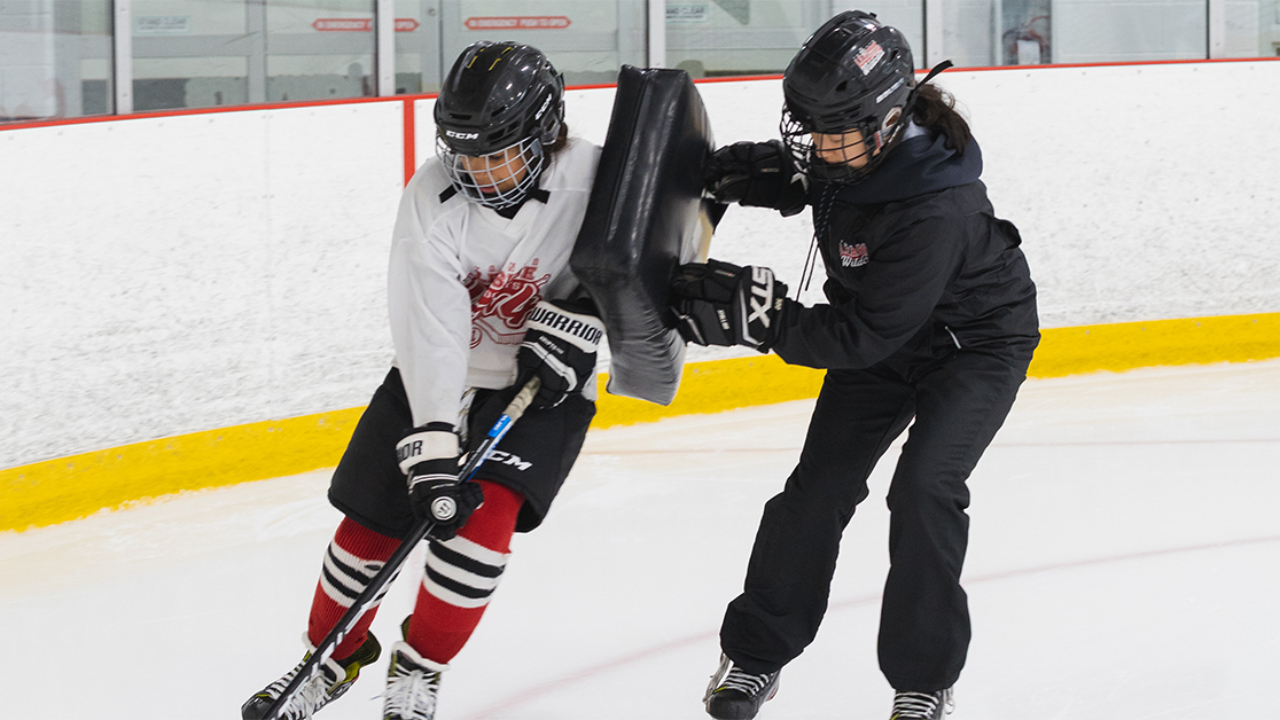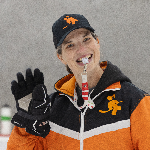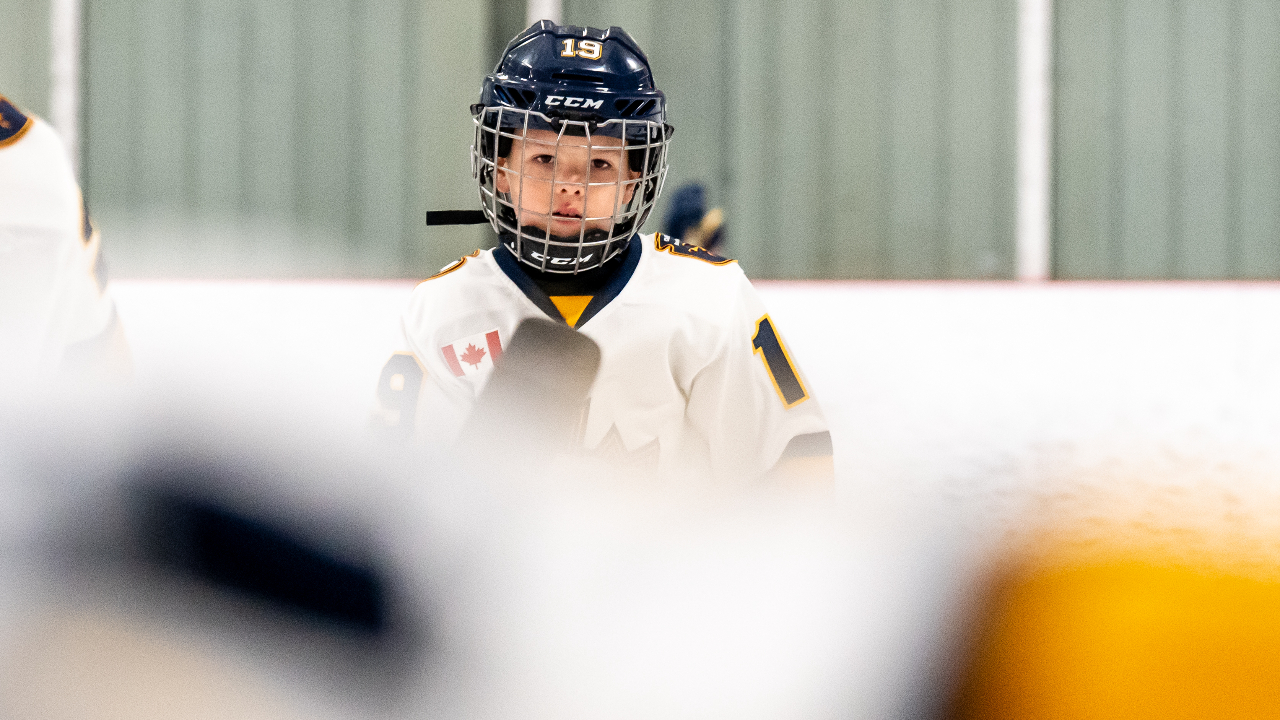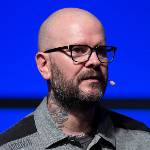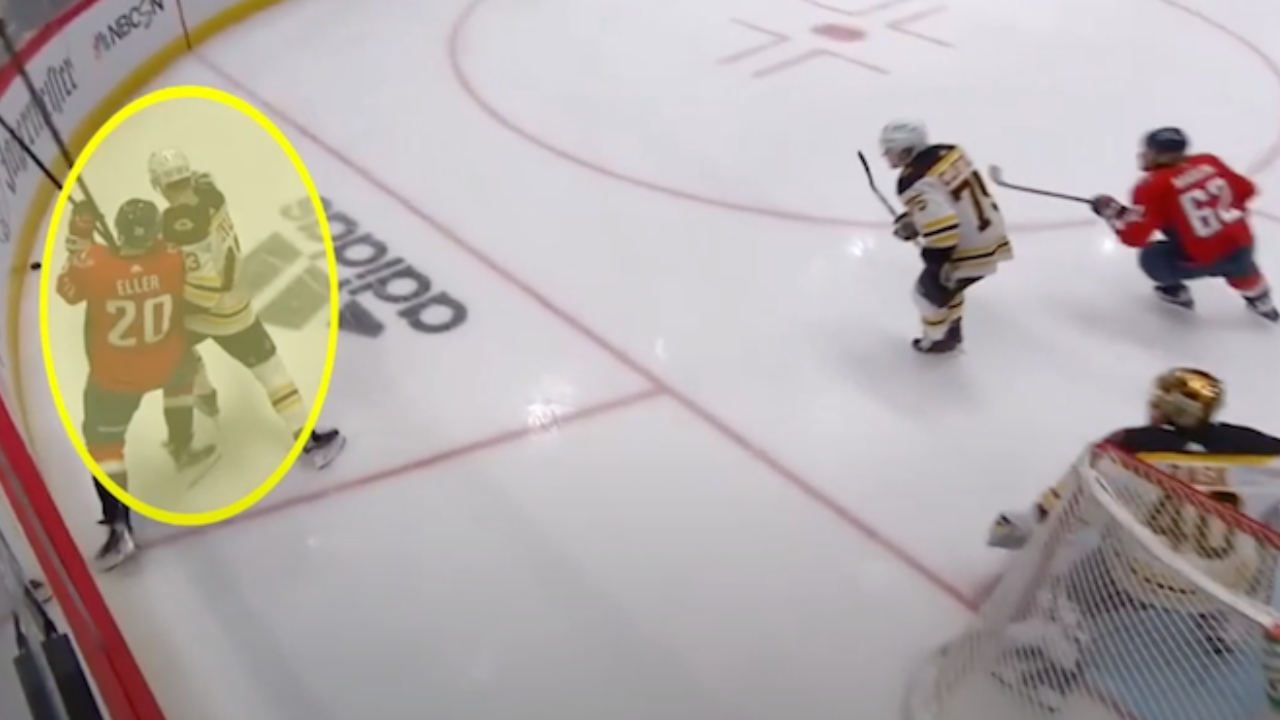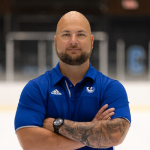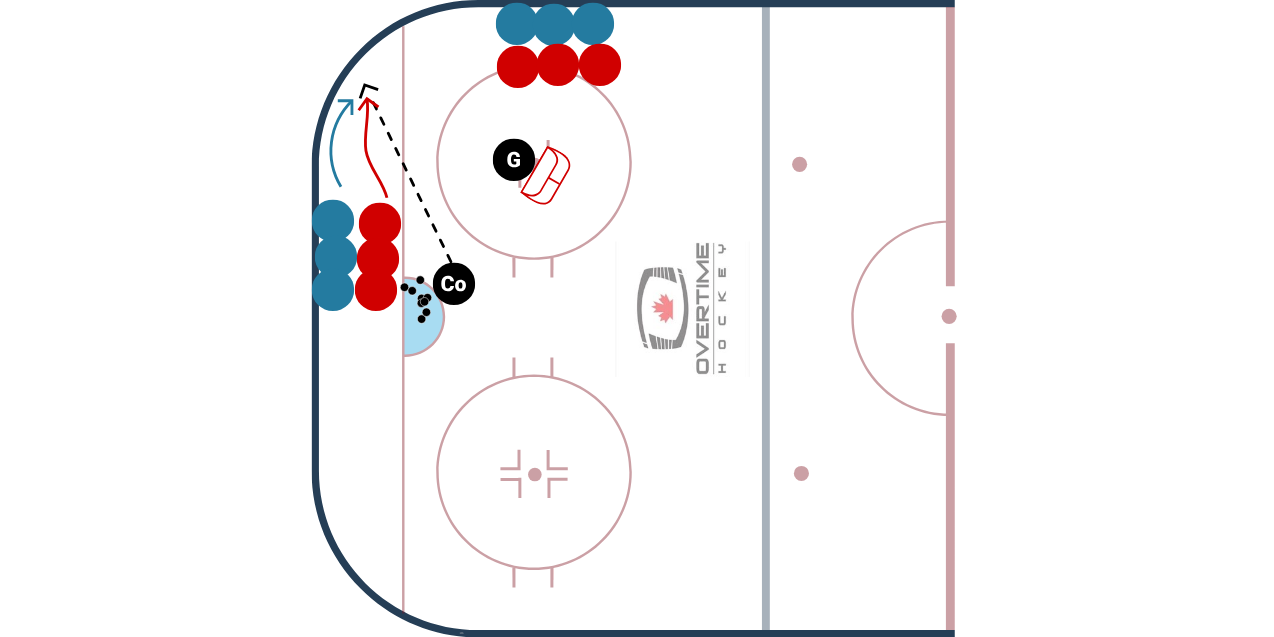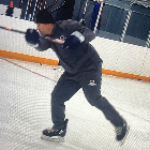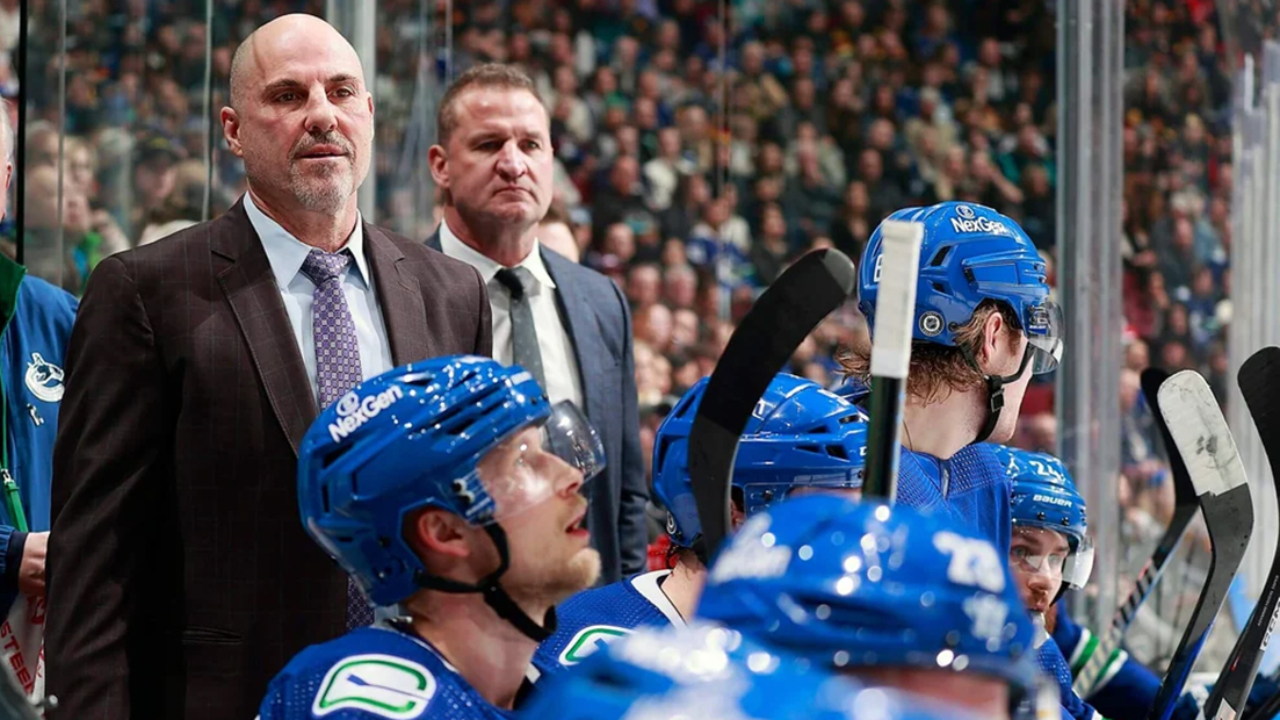Every parent says their kid works hard — and they’re usually right. Most kids today do work hard. They go to practices, they train, they listen, they give effort. But there’s a big difference between working hard and competing.
Working hard is about effort. Competing is about intent.
Working hard means showing up, skating hard, and doing what’s asked. Competing means doing those things with a purpose — to win the battle, win the rep, win the lane, or win the body position. It’s about caring who comes out with the puck. It’s about paying attention to the details that separate players — timing, deception, stick position, angle, and how you react under pressure.
A hard worker skates fast through the drill.
A competitor tries to win the drill.
A hard worker battles along the wall.
A competitor finds a way to come out with the puck.
A hard worker shows up.
A competitor shows up to test themselves. And win.
When players compete, everything changes. The pace of practice rises. Teammates start matching the energy. Mistakes get corrected faster. Players start to separate themselves — not because they’re the most talented, but because they refuse to lose a rep.
Every great player I’ve worked with — whether it’s an NHL player or a junior prospect — has that switch. When it’s time to compete, they lock in. They don’t just go through the motions; they take pride in winning the small moments that add up to success.
So how do you teach your kid to compete?
You make winning the details matter. Don’t just praise effort — praise outcomes of effort. For example:
-
“I loved how you fought to get body position.”
-
“You didn’t give up when you lost the puck — you battled to get it back.”
-
“You didn’t skate fast just to look busy — you read the play and made the right decision.”
Parents and minor Hockey coaches can also model competition in small ways. Play mini-games in practice with something on the line. Have little competitions in the driveway in a variety of sporting activities. Compete for who hits the most targets. Challenge them to win the first three steps in every race. Make it fun, but make it matter.
Coaches and scouts are drawn to players who compete. They look for players who turn effort into impact — players who can change a shift, not just be part of it.
Working hard gets you in the conversation.
Competing gets you on the team — and helps you move on.
So yes, keep working hard. But teach your kid to compete. That’s what separates players at every level of hockey.

